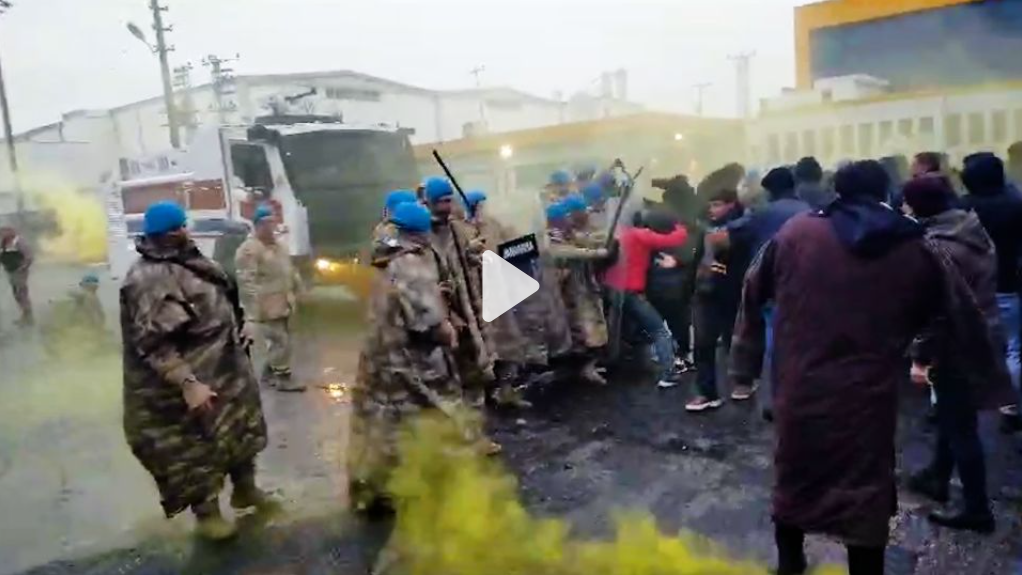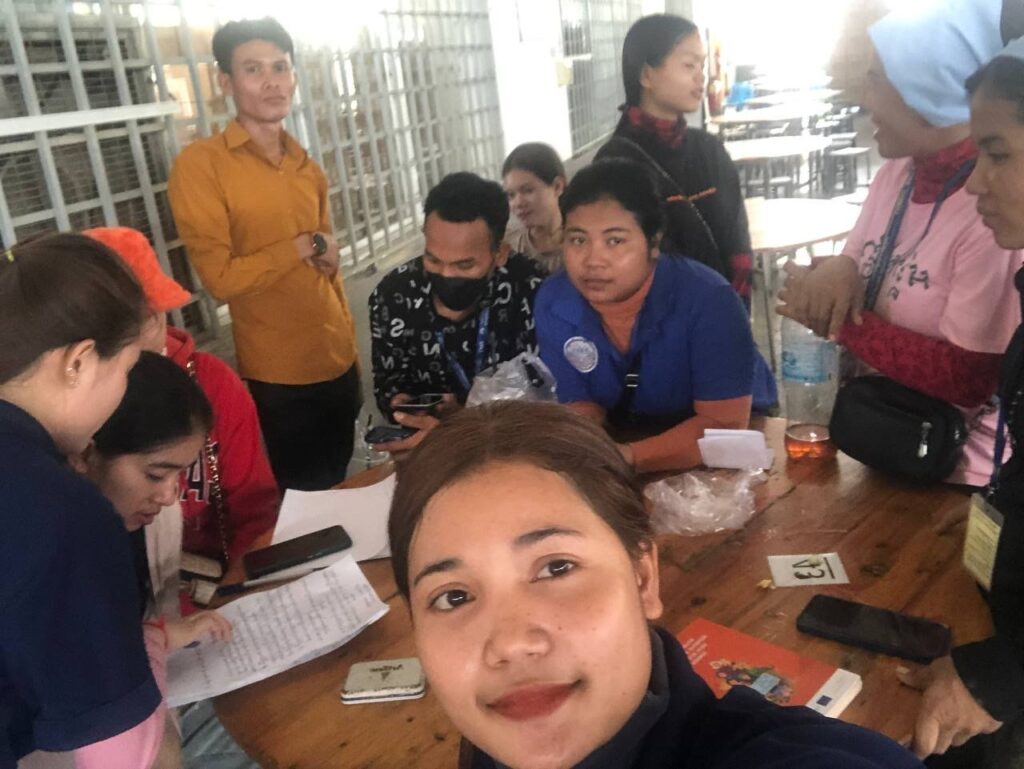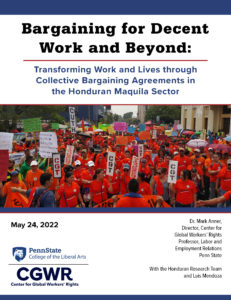Right to Organize and Bargain
Freedom of Association, the right of workers to speak out collectively about abusive treatment and conditions, to organize, join and participate in unions, and to nonviolently protest and strike, is, along with the right to bargain collectively with employers, a fundamental workplace and human right.
This right is protected in international covenants, from the UN Universal Declaration of Human Rights to ILO Conventions, and by national laws in nearly all countries. The right to speak out, organize, and negotiate with employers is a crucial enabling right that empowers workers to raise vital concerns regarding health and safety, wage-and-hour violations, and harassment and discrimination.
Together with our partners around the world, the WRC has helped thousands of workers, in more than a dozen countries, win reinstatement to their jobs, after they were illegally fired and, in some cases, violently attacked or falsely jailed for exercising the right to freedom of association. We have also worked to ensure that these workers received proper back pay. We have seen successes in Cambodia, El Salvador, Indonesia, and Haiti, and many other countries.
The WRC has also helped tens of thousands of workers and their unions secure representational and organizing rights in their factories—and held factory managers accountable for violence and intimidation against worker activists.
In Honduras, workers have achieved significant improvements to wages and working conditions through the exercise of freedom of association. In 2009, Fruit of the Loom signed a historic agreement with factory workers after the company illegally retaliated against workers by closing a unionized factory. The agreement was significant not only because it remedied the violations that occurred but also because it has led, over the course of the following years, to significant progress in Honduran employers’ respect for freedom of association. As of 2022, close to 50 percent of all Honduran garment workers were employed at a factory where an independent union represents the workforce, and most of these workers receive the benefits of a signed collective bargaining agreement. The significant benefits for workers that have resulted in Honduras were documented in the report, Bargaining for Decent Work and Beyond. The report demonstrates that, through collective bargaining, workers have won increased wages and benefits and a reduction of labor rights abuses, such as verbal harassment and gender-based violence.




Cambodian Worker Leader Imprisoned on Factory’s False Charges Acquitted—ASICS, MUJI Fail to Require Supplier to Compensate Worker It Wrongly Accused